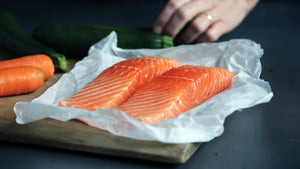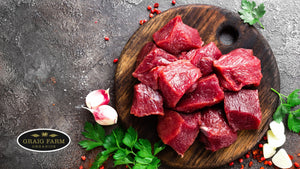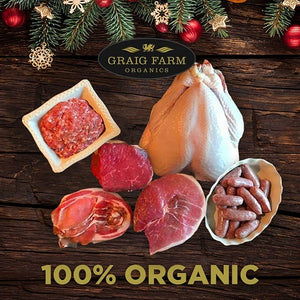Organic vs Non-Organic: What’s the Difference?

You may have heard about the popularity of organic produce and considering switching to organic options. The organic market in the UK is now worth over £2 billion, but why are more people making the change? What’s the difference between organic and non-organic? Here are some of the key differences between the two industries.
Additives, preservatives and GMOs
Conventional farming uses artificial components in food, like synthetic preservatives and additives. While these prolong shelf life of food, make it look appetising and enhance its taste, many people are concerned about their health effects.
Non-organic farms also use genetically modified organisms (GMOs), which make produce more resilient to pests and harsh weather conditions. However, there are potential negative effects of GMOs, such as soil contamination.
On the other hand, organic farmers avoid these additives and preservatives and prohibit the use of GMOs. When you buy organic food, you don’t need to worry about questionable contents and how they can affect your health.
Chemical pesticides
Pesticides protect crops from weeds, insects and animals. In non-organic farming, chemical pesticides are routinely used to control pests. Their toxicity can affect human health, surrounding animals and the environment. Not only can these chemicals pollute water and contaminate soil, traces of them may linger on food we eat.
Instead of relying on chemicals, organic farmers adopt alternative methods of pest management, including:
- crop rotation
- natural pesticides
- trap crops
These are more sustainable and don’t leave unwanted chemical traces behind.
Animal welfare
The treatment of livestock on many non-organic farms has been well-documented. Animals can live in cramped conditions with no access to the outdoors, be injected with growth hormones and antibiotics and have a poor diet.
However, organic farms require a strict standard of animal welfare. Livestock must be free to roam and have a healthy diet, which reduce stress and minimise the risk of disease. Growth hormones and antibiotics are banned from organic farming.
There are many benefits of organic food that make it healthier and more sustainable than non-organic options. Graig Farm Organics specialises in quality organic produce, and we’ve even won various awards too.
Are you ready to make the change?
- Tags: Organic Farming Organic Food
- Graig Farm





